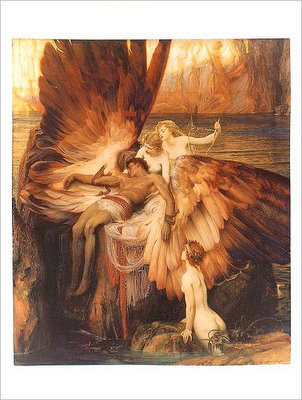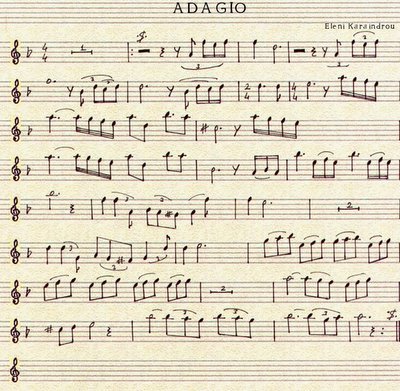 Atlas-Sisifus, 1998
Atlas-Sisifus, 1998
Melancholy is the state of being usually related to those who exhibit a great imaginative power capable to create artistic, intelectual, physical and moral realms in which the basic condition of human existence could be overcome. However, if things were right for those feeling melancholy, it shouldn't even happen to appear. The problem is that the basic condition of human existence, ie., human mortality and limitedness, cannot be trully overcome without the subject's own self-destrution. I personally believe that people who feel melancholy usually are more open, in one moment or the other, to feel the the constraints of human life. They perceive disgrace in a deepest degree, and find the emptyness bigger inside, with greater spaces of darkness and a bigger and more complex topography of pain. So they try to populate their inner spaces, with great power and great resources. But their basic condition cannot be overcome. So they feel that even having great talents and resources at their disposal, they still keep their acute ocean of despair unrecognized and untraveled - the only way out of this is through this...




